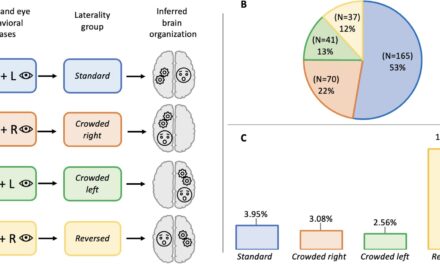In a groundbreaking study conducted by researchers from Ulm University, Germany, nearly 70 per cent of individuals suffering from Long Covid reported persistent symptoms into their second year of illness. This finding underscores the chronic nature of the condition, which continues to affect physical and mental health even long after the acute phase of Covid-19 has passed.
The population-based case-control study included 982 participants aged 18 to 65 years with self-assessed Long Covid symptoms. These were compared with 576 control participants without the condition. The study, published in PLoS Medicine, revealed that 67.6 per cent of Long Covid patients continued to experience persistent symptoms into their second year.
Key Findings
The research highlighted several debilitating symptoms experienced by Long Covid patients:
- Exercise Intolerance: Post-exertional malaise was observed in 35.6 per cent of participants.
- Chronic Fatigue: Approximately 11.6 per cent of individuals met the criteria for myalgic encephalomyelitis/chronic fatigue syndrome.
- Physical Limitations: Reduced handgrip strength, maximal oxygen consumption, and ventilatory efficiency were evident among patients.
- Breathlessness: Nearly half of the participants reported moderate-to-severe breathlessness.
Moreover, most of the 32 per cent of Long Covid patients who initially reported improvements did not achieve full recovery, emphasizing the complexity of recovery trajectories.
“In the majority of patients, Long Covid symptoms did not improve in the second year of their illness and typically continued to include fatigue, measurable exercise intolerance, and cognitive deficits. However, there seems to be no major pathology in laboratory investigations,” the research team, led by Raphael S. Peter, explained.
Contributing Factors
The study also found associations between persistent Long Covid symptoms and certain demographic and physical characteristics. Patients with ongoing symptoms were more likely to be obese, with higher body mass index and body fat levels. They also tended to have lower educational attainment.
Hope for Future Diagnostics
In a separate study focusing on children, researchers demonstrated the potential of artificial intelligence (AI) to identify a “long Covid molecular signature” in blood samples. Published in Pediatric Research, the AI model achieved an accuracy of 93 per cent in detecting Long Covid based on protein profiling. This technological breakthrough offers hope for more precise diagnostics in the future.
Currently, diagnostic tools for Long Covid remain limited, and treatment options are still in the early stages of development.
Disclaimer
This article is based on published research and aims to provide an overview of the findings. The information is not a substitute for professional medical advice, diagnosis, or treatment. If you or someone you know is experiencing Long Covid symptoms, consult a healthcare professional for personalized guidance.











